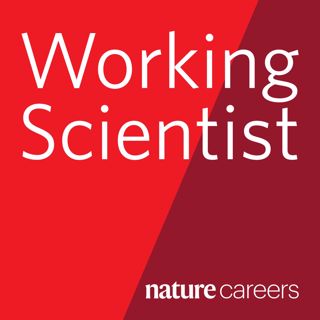Om avsnittet
After a mostly miserable childhood in the small Israeli village of Tel Aviv (his words), Ori Amir moved to the US, where he gained a PhD in cognitive neuroscience and launched a second career as a stand-up comedian.Amir is now a professor at Pomona College in Claremont, California, where he researches what happens in our neural networks when we are trying to be funny.His interest in this was triggered after realising there were around 20 studies examining brain activity when we are enjoying comedy, he says, but nothing about the creative process involved in being funny. Amir’s research also investigates attempts to use artificial intelligence to generate humour.“I’m afraid that if I make any jokes about artificial intelligence, I will get in trouble in the future. Artificial intelligence would cancel me. So I’m refraining from making any such jokes,” he tells his audience.Amir’s stand-up act also includes anecdotes about life as a PhD student. “It’s going to take seven years, the first five-and-a-half-years to work very hard on developing a silly accent,” he adds. “Then you do some original research and it all culminates in a dissertation defence in which you present your work in front of five important neuroscientists. And if you fail, they eat your brains.”This is the third episode of Tales from the Synapse, a 12-part podcast series with a focus on brain science, produced in partnership with Nature Neuroscience and introduced by Jean Mary Zarate, a senior editor at the journal.The series features brain scientists from all over the world who talk about their career journeys, collaborations and the societal impact of their research. Hosted on Acast. See acast.com/privacy for more information.
Senaste avsnitten

How we slashed our lab’s carbon footprint

Meet the retired scientists who collaborate with younger colleagues

A dumpster full of mercury and other things to avoid: lab closures made simple

Pension planning and psychosocial support: how institutions can help academics at the late career stage

“Who am I if not a scientist?” How to find identity and purpose in retirement

Choose your own adventure: navigating retirement after an academic career

The last few miles: how to prepare for the late-career stage in science

Counting the cost of fashion’s carbon footprint

Why female students at an inner London school are seeing scientists in a different light

